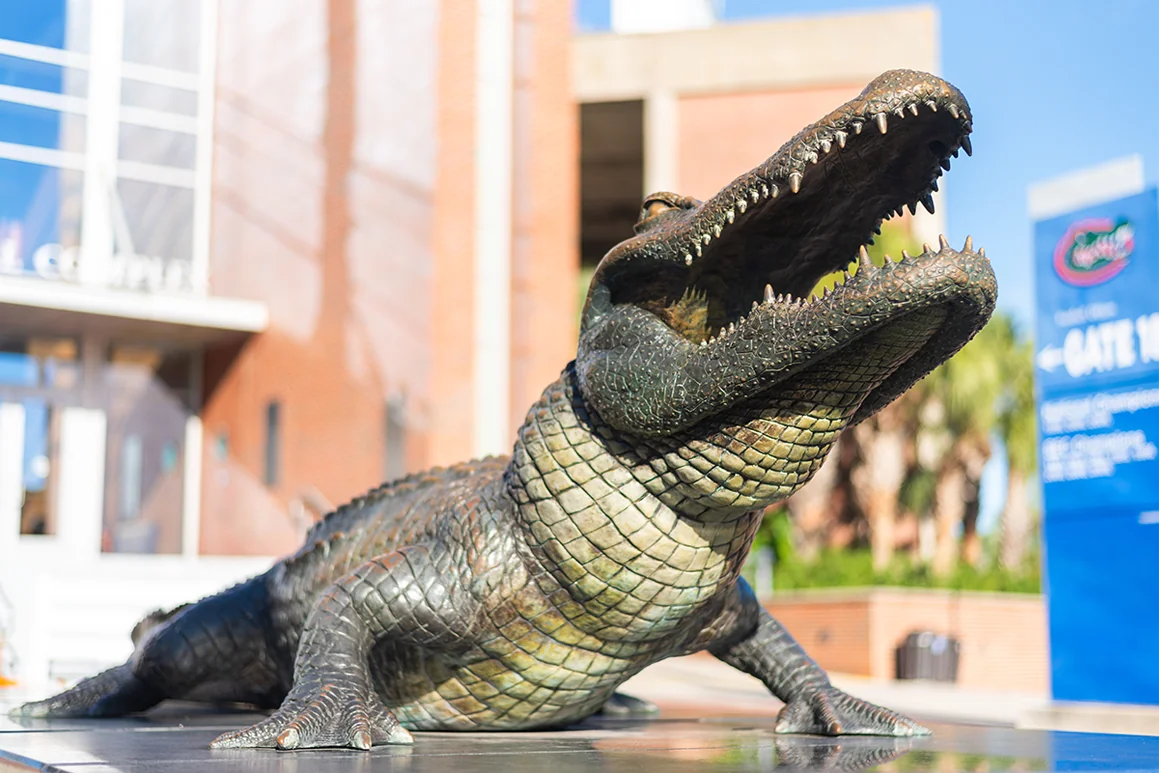Cocaine, often referred to as coke, is a type of stimulant made from coca leaves. The substance is known to induce stimulating effects in the user such as high energy or an increased focus. Over the years, cocaine use has increased in the state of Florida. A report from the Department of Health determined that in one Florida region the cases of cocaine-related overdoses soared from 240 in 2014 to 421 in 2017. Another region exhibited an increase from 193 cases in 2014 to 505 in 2017.
Use, possession, sale, or manufacture of cocaine is prohibited under Florida law. Violation of these rules will result in felony criminal charges. If convicted of possession of cocaine, the penalties include steep fines and a time in prison. If you or someone you know has been charged with possession of cocaine, it’s imperative you seek an experienced criminal defense attorney as soon as possible.
Drug Defense Lawyer for Possession of Cocaine in Gainesville, FL
If you’ve been arrested for possessing cocaine in the Alachua County area, it’s within your best interest to contact Galigani Law Firm. Although crimes involving controlled substances are relatively nonviolent, the state of Florida has harsh penalties for drug offenders. That is why it’s important you’ve done everything possible to prepare your defense before you step foot into the courtroom.
Galigani Law Firm has over 30 collective years of experience we can apply for your case. With our in-depth background on drug crimes, our legal team at Galigani Law Firm can formulate an effective and efficient defense for your case. Call Galigani Law Firm today at (352) 375-0812 to set up your first consultation free of charge. Galigani Law Firm accepts clients throughout the greater Alachua County area including Gainesville, High Springs, Newberry, Hawthorne, Micanopy, Archer and Waldo.
Information Center:
Cocaine Laws in Florida
In Florida, cocaine is prohibited and classified as a Schedule II controlled substance. The category essentially means that the drug isn’t used very often in a medical setting and has a high potential for chemical dependency. Since cocaine is included in one of the higher drug schedules, the penalties upon conviction for possession are severe.
Under Florida law, a person can be found in actual or constructive possession of cocaine. Actual possession is when the substance is on your person. For example, if you had cocaine in a baggie in your pocket then you would be in actual possession of it. Constructive possession requires the prosecutor to prove the following two elements:
- You had knowledge of the drug’s presence; and
- You had dominion and control over the cocaine
Essentially, it means you were aware of the cocaine and could retrieve it at any time. For example, if your friend was driving your car and police discovered cocaine in the glove box, then you would be charged with the crime. Your friend would not face criminal charges as they had no knowledge of the drug’s presence and therefore did not have control over it.
What Are the Penalties for Possession of Cocaine in Florida?
The penalties for cocaine possession can be found under Florida Statute section 893.13(6)(a). Generally speaking, possession of cocaine in Florida is a third-degree felony. The maximum sentence you can receive for a third-degree felony is listed below.
- Up to 5 years in prison
- A fine of up to $5,000
Your penalties may be enhanced if law enforcement finds evidence you were possessing cocaine with the intent to sell or deliver it. Possession with intent to sell is a second-degree felony and can result in the following sentencing.
- Up to 15 years in prison
- A fine of up to $10,000
The court may reclassify your charges if it’s proven you were arrested for possession with intent in, on, or within 1,000 feet of a certain location. Instead of facing a second-degree felony, you will instead be charged with a first-degree felony punishable by up to 30 years in prison and a $10,000 fine. These locations are known as “drug-free zones” and are listed below:
- Childcare facility
- Public or private elementary or secondary school between 6 AM and midnight
- Municipal, state, county, park, community center, or publicly owned recreational facility
- Public or private college, university, or postsecondary educational institution
- Physical place of worship or religious organization
- Assisted living facility
- You are over the age of 18 and delivering cocaine to a minor
- You are over the age of 18 and hired a minor as an agent/employee in cocaine sales
Additional Resources
Substance Abuse with Cocaine | UF Health – Visit the official website for University of Florida’s Health Department (UFHealth) to learn more about cocaine abuse. Access the site to learn how it affects your brain, the long-term effects of cocaine, how it’s addictive, and treatment options.
Florida Cocaine Laws | Florida Statues – Visit the official website for the Florida Statutes to read their up-to-date laws on cocaine possession, manufacturing, sale, or delivery. Access the site to read the penalties, penalty enhancements, and the elements of other related drug crimes.
Possession of Cocaine Attorney in Gainesville, FL
Understanding the penalties and elements of a crime is the first step. Now you need a criminal defense team on your side to ensure you avoid the consequences of conviction. Call Galigani Law Firm to set up an appointment with drug defense lawyers who have over 30 years of collective experience. Our attorneys at Galigani Law Firm can assess the unique facts of your case and explain in detail all your legal options.
Set up your first consultation with Galigani Law Firm by calling our offices at (352) 375-0812. Galigani Law Firm accepts clients throughout the Gainesville and University of Florida area and nearby cities including Alachua, Hawthorne, Archer, Waldo, Newberry, and High Springs.







